Core Aeration in Spring?
tbonejones
15 years ago
Related Stories
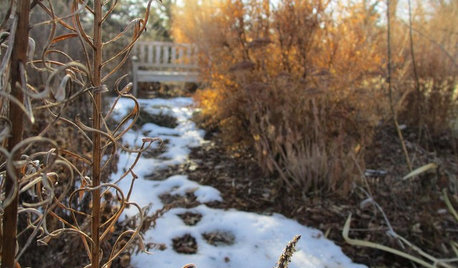
WINTER GARDENING6 Reasons I’m Not Looking Forward to Spring
Not kicking up your heels anticipating rushes of spring color and garden catalogs? You’re not alone
Full Story
EVENTSModernism Week 2015 Opens in Palm Springs
The city’s 10th annual festival celebrates midcentury architecture and design. Here’s a look at what’s on view
Full Story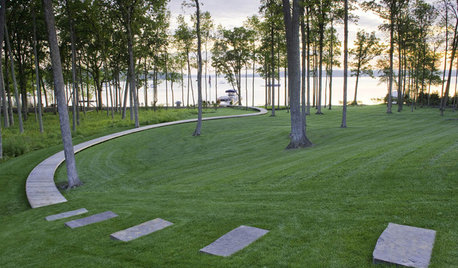
GARDENING GUIDESGive Your Turf the Fall Tune-up It Deserves
Treat your battered lawn to a little TLC this fall, and it will reward you with lush, healthy grass come spring
Full Story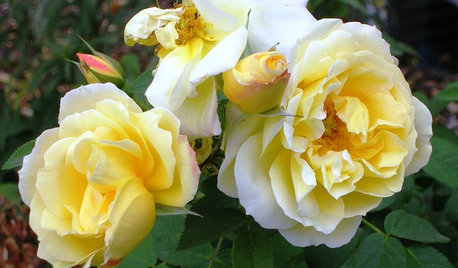
GARDENING GUIDESRocky Mountain Gardener's April Checklist
Kick-start spring planting with an infusion of new colors, textures and edibles in your garden
Full Story0

WINTER GARDENINGPruning Secrets for Exquisite Roses
Encourage gorgeous blooms year after year with this time-tested advice on how to prune your rosebush in winter for health and shape
Full Story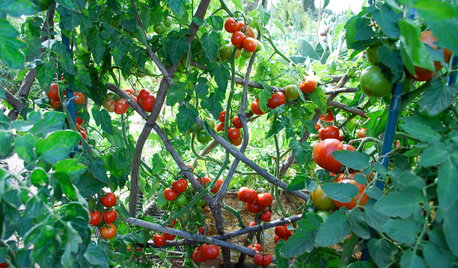
GARDENING GUIDESTexas Gardener's March Checklist
So long, freezing temperatures. It's time to kick off spring planting, lavish attention on lawns and sprinkle seeds to your heart's content
Full Story0
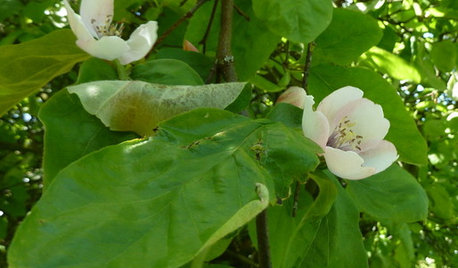
EDIBLE GARDENSWhy Grow Quince? For Beauty, Fragrance and Old-Time Flavor
Delightfully perfumed fruit and lovely spring blossoms make this apple and pear cousin worth a spot in the garden
Full Story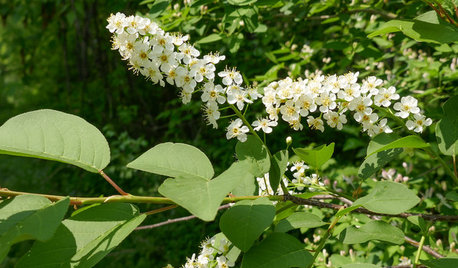
GARDENING GUIDESPrunus Virginiana Thrives Under Deciduous Trees
Plant chokecherry for showy white flowers favored by native bees in spring, and to provide nesting habitat and food for birds
Full Story
FURNITUREHow to Buy a Quality Sofa That Will Last
Learn about foam versus feathers, seat depth, springs, fabric and more for a couch that will work for years to come
Full Story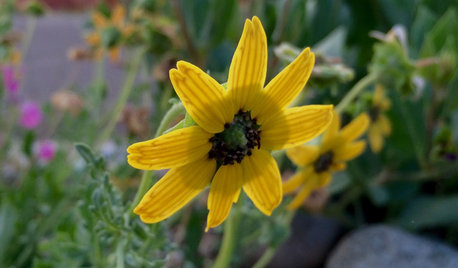
FLOWERS AND PLANTSFlowers of ‘Berlandiera Lyrata’ Surprise With a Subtle Chocolate Scent
This heat- and drought-tolerant Southern Plains native offers up daisy-like yellow blooms from spring to first frost
Full Story






bpgreen
lawn_enthusiast
Related Professionals
Danbury Landscape Architects & Landscape Designers · Kyle Landscape Architects & Landscape Designers · Bainbridge Island Landscape Contractors · Broadlands Landscape Contractors · Cincinnati Landscape Contractors · Conroe Landscape Contractors · Galt Landscape Contractors · Newnan Landscape Contractors · Soddy Daisy Landscape Contractors · Stallings Landscape Contractors · West Haverstraw Landscape Contractors · Whittier Landscape Contractors · Northlake Landscape Contractors · North Hills Landscape Contractors · Lincoln Swimming Pool Buildersbillhill
metal
lawndivot12
dannyboyblue
theaerator
lou_spicewood_tx